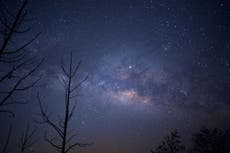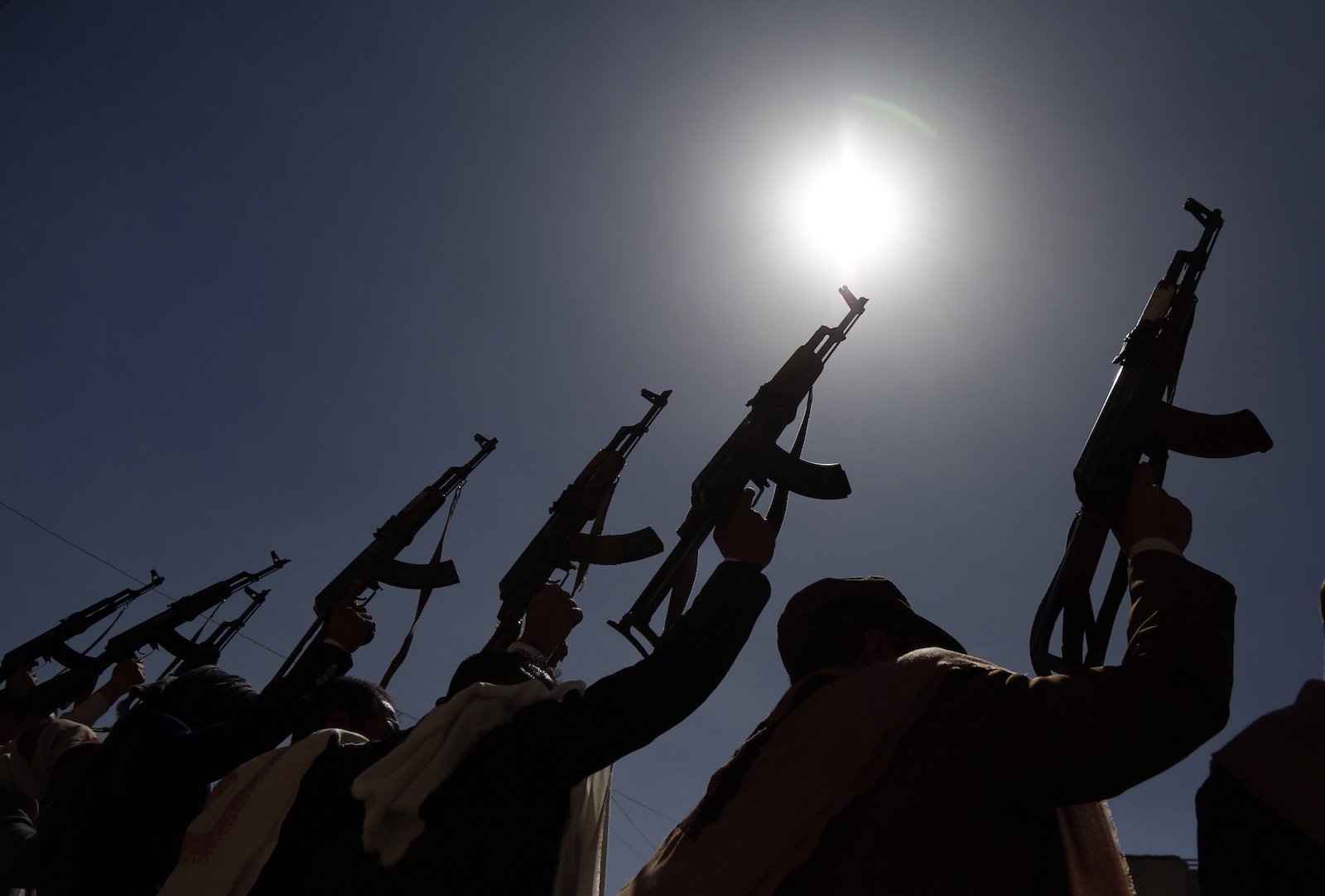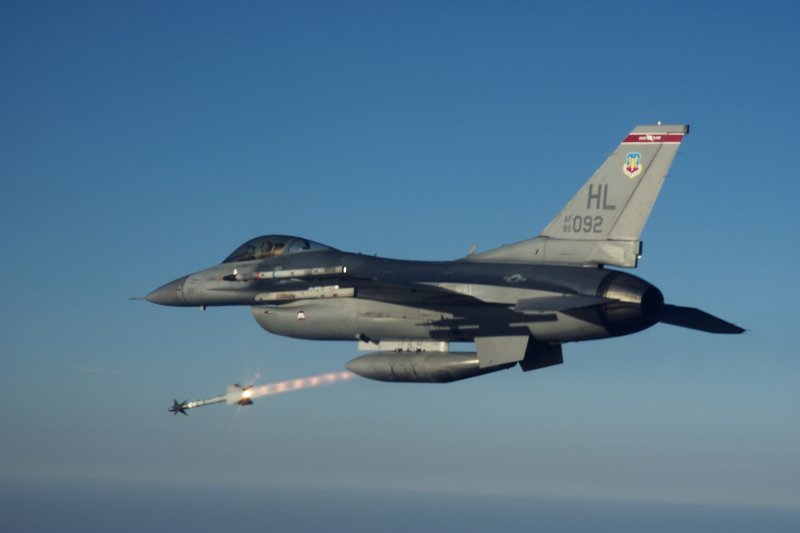New detections represent the 'the most definitive pattern we’ve seen from one of these sources', according to researchers
Andrew Griffin THE INDEPENDENT 6/18/2020
Researchers have picked up strange, repeating rhythms in blasts of energy coming from an unknown source in space.
The blasts are known as fast radio bursts, or FRBs, and are coming to Earth in a stable, repeating pattern, according to a new paper detailing the discovery.
Researchers still do not know the source of those bursts. Though they must come from some very extreme, intense part of the universe, there is no way of knowing what process gives rise to them.
The first FRB was picked up in 2007 and scientists have gone on to find more than 100 since. Initially, they were detected only as individual blasts, but in recent times researchers have found repeating sources.
Now astronomers have started to find bursts repeating in a pattern, where they seem to switch off and on in a predictable pattern.
Read more

Scientists find exact location of radio blasts coming from space
The latest discovery sends out random bursts of radio waves over a four-day window, and then goes quiet for 12 days, before beginning again.
Researchers watched the bursts for more than 500 days, noting that the 16-day pattern occurred consistently over that time, making it the most definitive pattern yet seen.
“This FRB we’re reporting now is like clockwork,” says Kiyoshi Masui, assistant professor of physics in MIT’s Kavli Institute for Astrophysics and Space Research.
“It’s the most definitive pattern we’ve seen from one of these sources. And it’s a big clue that we can use to start hunting down the physics of what’s causing these bright flashes, which nobody really understands.”
The discovery is reported in a new article, titled 'Periodic activity from a fast radio burst source', published in Nature today.
The latest FRBs were picked up by CHIME, a radio telescope in British Columbia that began its work in 2017. Since then, it quickly started picking up FRBs, using a technique that allows it to stare at the entire sky rather than moving around if and when any burst is detected.
The repeating nature of the burst could give new insight into where they are coming from.
Possibilities include one single object such as a neutron star that is spinning and wobbling in space. That could explain the pattern to the blasts, since the 16-day period may be the time it takes for the object to spin around, with the four days of activity the ones in which it is pointing towards us.
The blasts could also be the result of a binary system such as a neutron star orbiting around another neutron star or black hole. The pattern could be the result of the orbit between , and the interaction between the two objects, which would explain their regular pattern, scientists say.
Another involves a static radio source that is going around a central star – that star could be letting out a cloud of gas that magnify the radio emissions and send them powerfully towards Earth. The repeating pattern could therefore be an indication of when that source travels through its clouds.
The CHIME telescope works to keep exploring FRB, measuring one roughly each day. It will also keep watching the newly discovered burst, and any changes in its properties could offer an important hint about where it is coming from.
The latest discovery sends out random bursts of radio waves over a four-day window, and then goes quiet for 12 days, before beginning again.
Researchers watched the bursts for more than 500 days, noting that the 16-day pattern occurred consistently over that time, making it the most definitive pattern yet seen.
“This FRB we’re reporting now is like clockwork,” says Kiyoshi Masui, assistant professor of physics in MIT’s Kavli Institute for Astrophysics and Space Research.
“It’s the most definitive pattern we’ve seen from one of these sources. And it’s a big clue that we can use to start hunting down the physics of what’s causing these bright flashes, which nobody really understands.”
The discovery is reported in a new article, titled 'Periodic activity from a fast radio burst source', published in Nature today.
The latest FRBs were picked up by CHIME, a radio telescope in British Columbia that began its work in 2017. Since then, it quickly started picking up FRBs, using a technique that allows it to stare at the entire sky rather than moving around if and when any burst is detected.
The repeating nature of the burst could give new insight into where they are coming from.
Possibilities include one single object such as a neutron star that is spinning and wobbling in space. That could explain the pattern to the blasts, since the 16-day period may be the time it takes for the object to spin around, with the four days of activity the ones in which it is pointing towards us.
The blasts could also be the result of a binary system such as a neutron star orbiting around another neutron star or black hole. The pattern could be the result of the orbit between , and the interaction between the two objects, which would explain their regular pattern, scientists say.
Another involves a static radio source that is going around a central star – that star could be letting out a cloud of gas that magnify the radio emissions and send them powerfully towards Earth. The repeating pattern could therefore be an indication of when that source travels through its clouds.
The CHIME telescope works to keep exploring FRB, measuring one roughly each day. It will also keep watching the newly discovered burst, and any changes in its properties could offer an important hint about where it is coming from.

 UN humanitarian chief Mark Lowcock (onscreen) briefs members of the Security Council during a video teleconference on the situation in Yemen, 16 April 2020 (UN Photo)
UN humanitarian chief Mark Lowcock (onscreen) briefs members of the Security Council during a video teleconference on the situation in Yemen, 16 April 2020 (UN Photo)







